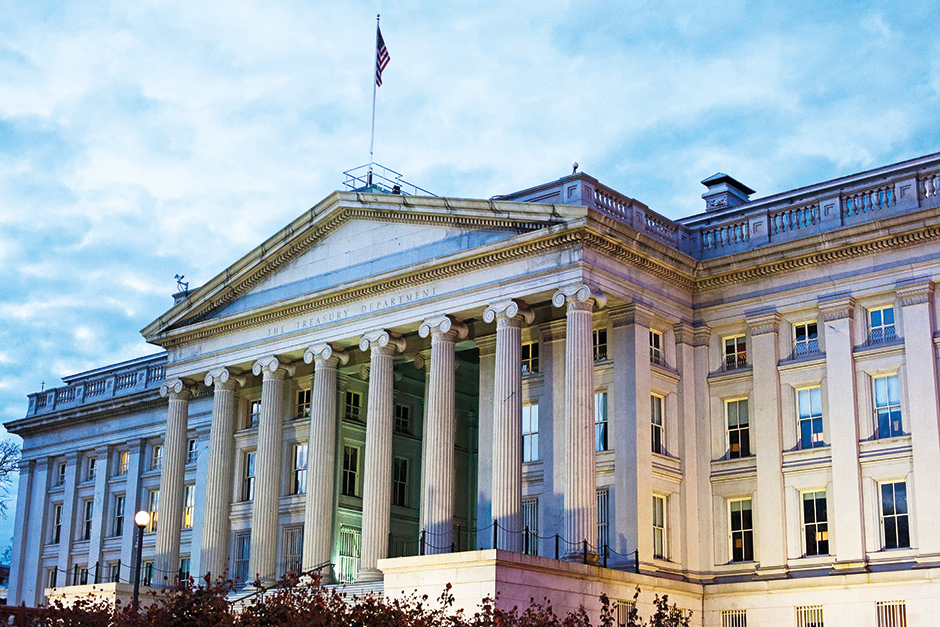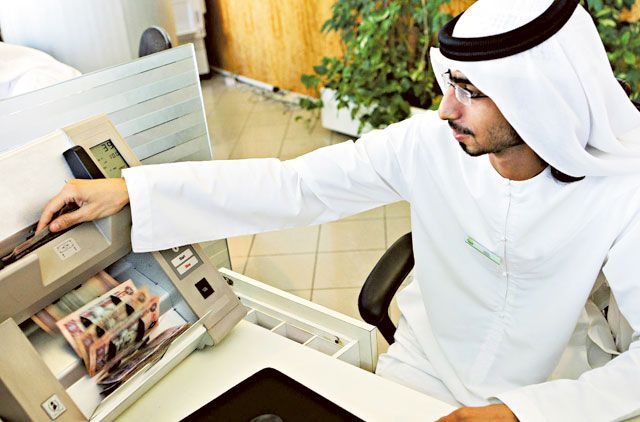
Money market funds are simply a type of mutual funds that investors typically use for relatively low-risk holdings in a portfolio.
These funds invest in short-term debt instruments, and they pay out earnings in the form of a dividend.
Money market funds are simply a type of mutual funds that investors typically use for relatively low-risk holdings in a portfolio.
By keeping a short time frame, these funds attempt to reduce uncertainty, which might help to manage risk.
The longer you lend money to a person, business, or government, the greater the risk that something could happen and you won’t get repaid.
You don’t select the investments inside of a money market fund. Instead, a fund manager does that for you. We will explore what investments next.
Money market mutual funds are among the lowest-volatility types of investments. Income generated by a money market fund is either taxable or tax-exempt, depending on the types of securities the fund invests in.
Types of money market instruments
Typical investments inside a money market fund might be government-issued securities, short-term corporate paper, certificates of deposits (CDs), treasury bills, repurchase agreements (Repos) and any other discounted instrument of a tenure not exceeding 1 year and that presents a relatively low risk of default.
• Certificate of Deposit (CD)
These are time deposits such as fixed deposits that are offered by scheduled commercial banks.
The only difference between FD and CD is that investors are not allowed to withdraw CD until maturity.

• Commercial Paper (CP)
These are issued by companies and financial institutions, which have a high credit rating.
Commercial papers, which are also known as promissory notes, are unsecured instruments, which are issued at a discounted rate and redeemed at face value.
Commercial Paper is issued by companies and financial institutions, which have a high credit rating.
• Treasury Bills (T-bills)
T-bills are issued by the most governments worldwide to raise money for a short-term of up to 365 days. Treasury bills are considered one of the safest instruments as the government backs these.
The rate of return, also known as the risk-free rate, is low on T-bills as compared to all other instruments.
• Repurchase Agreements (Repos)
It is an agreement under which the central bank lends money to commercial banks. It involves the sale and purchase of agreement at the same time.

Perks to using money market funds
• Helps to manage risks
Investors use money market funds when they want a cash-like investment. These investments may provide a small return while taking relatively little risk.
If you have a portfolio invested heavily in stocks, you can often reduce risk by switching to a money market fund or keeping some portion of your assets in these investments.
• Benefit of better liquidity
Investments in money market funds are typically liquid, meaning you can usually get your money out within a few business days.
It generally takes one trading day for a fund sale to settle. After that, you may have to transfer the funds to an account that allows spending.
• Potential tax advantages
Some money market funds invest in securities whose interest payments are typically exempt from government, and in some cases, state income taxes.
What this means is that these funds can be a potential source of stable, tax-efficient income.
Risks to investing in a money market fund

• Rates are not constant
You cannot know at the start of the investment how much you’ll earn on your investment in the future.
The rate could go up or down. If it goes up, that may be a good thing. However, if it goes down and you earn less than you expected, you may end up needing more cash to meet your goals.
This risk exists with other securities investments, but is still worth noting if you're looking for predictable returns on your funds.
• Inflation risk due to lower returns
As touched upon earlier, money market funds are considered to be safer than other investments like equities.
But on the flip side, this results in lower long-term average returns on money market funds than long-term average returns on riskier investments.
So, you might be better served with higher-yielding investments if you have the capacity and desire to take risk.
• Some liquidity concerns
In some cases, funds can impose liquidity fees that require you to pay for cashing out.
They may also use redemption gates that require you to wait before receiving proceeds from a money market fund.
In some cases, funds can impose liquidity fees that require you to pay for cashing out.

• Minimum balance and fees
Money market accounts usually require a higher minimum balance than regular savings accounts.
You can be hit with a hefty fee of as much as $25 (Dh100) if your balance falls below the minimum. You can incur a penalty or charged extra fees for exceeding a certain number of withdrawals.
• Accessibility comes at a cost
Most money market accounts are a poor vehicle for many people to save for long-term goals. Because it doesn't have a set term and allows access to your money, it is a disadvantage if you are subject to impulse purchases.
On the other hand, a certificate of deposit ties up your money for a set term, and the early withdrawal penalty provides an incentive to leave your savings alone.
Because it doesn't have a set term and allows access to your money, it is a disadvantage if you are subject to impulse purchases.

So, who should consider money market funds?
While the returns on money market funds are generally not as high as those of other types of fixed income funds, such as bond funds, they do seek to provide stability, and can therefore play an important role in your portfolio.
It is also ideal for those individuals who have a low tolerance for volatility (low-risk appetite), or are looking to diversify with a more conservative investment.
If you have surplus cash parked in a savings bank account, then you can invest in money market funds. These funds have the potential to offer higher returns than a regular savings bank account. The investors could be corporate as well as retail investors.
If you have a medium to long-term investment horizon, then money market fund won’t be an ideal option.
Investors can use money market funds if they need their investment to be extremely liquid or also as short-duration investments for assets that may be needed in the near term (such as an emergency fund).
Extensive use by some
Banking and non-banking sectors alike, state and corporate treasuries, extensively use it for short term cash management.
The core of the money market consists of interbank lending—banks borrowing and lending to each other using commercial paper, repurchase agreements and similar instruments.
Businesses, individuals, state and local governments, and other organizations to invest cash until it is needed.
Money market funds also invest in the short-term financing instruments of an array of borrowers.
Short-term, low-cost financing lets companies meet working capital needs; allows banks to finance credit cards, home equity, and auto loans; and helps local governments build roads, bridges, schools, and hospitals.
When companies have a temporary cash shortfall, they often turn to short-term financing instruments, such as commercial paper to bridge the gap.
Money market funds provide much of the necessary capital to fund the commercial paper market. When companies have cash in excess of immediate needs, they invest it in money market funds.
Businesses prefer commercial paper to bank loans for short-term financing because of the ease and efficiency in issuing commercial paper as well as the lower interest rate.

If money market funds are no longer a viable buyer of short-term financing instruments, businesses would be forced to take on longer term debt, thereby increasing their funding costs, slowing their expansion rate, and reducing job growth and economic recovery.








